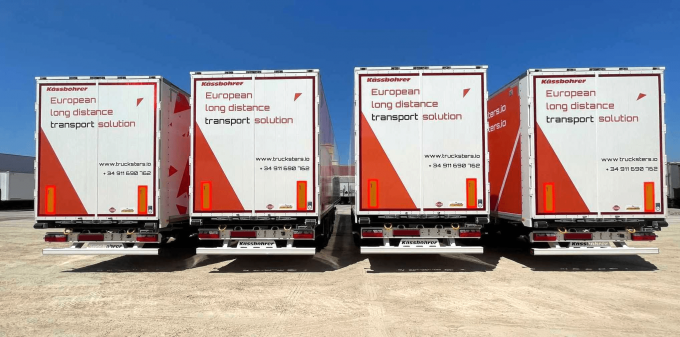Forwarder benefit as air cargo booking platforms look to integrate AI
Digitising air cargo spot-buy rates and integrating artificial intelligence (AI) will enable freight forwarders to ...

Spanish start-up Trucksters has launched an express road freight service to the UK, using artificial intelligence (AI) to reduce transit time.
The operation will start with two routes, one covering the centre and north of Spain, and the other part of the Mediterranean area, carrying mostly foodstuffs.
Trips are completed in 28 to 34 hours, a reduction of almost 50% on standard transit times, with the time-saving made possible by the use of a relay system of drivers, based on AI, which ...
Trump tariffs see hundreds of cancelled container bookings a day from Asia
Macron calls for ‘suspension’ – CMA CGM's $20bn US investment in doubt
De minimis exemption on shipments from China to the US will end in May
Forwarders stay cool as US 'liberation day' tariffs threaten 'global trade war'
Mixed response in US to 'Liberation Day', while China leads wave of retaliation
Tariffs and de minimis set air freight rates on a volatile course
Overcapacity looms for ocean trades – with more blanked sailings inevitable
'To ship or not to ship', the question for US importers amid tariff uncertainty

Comment on this article